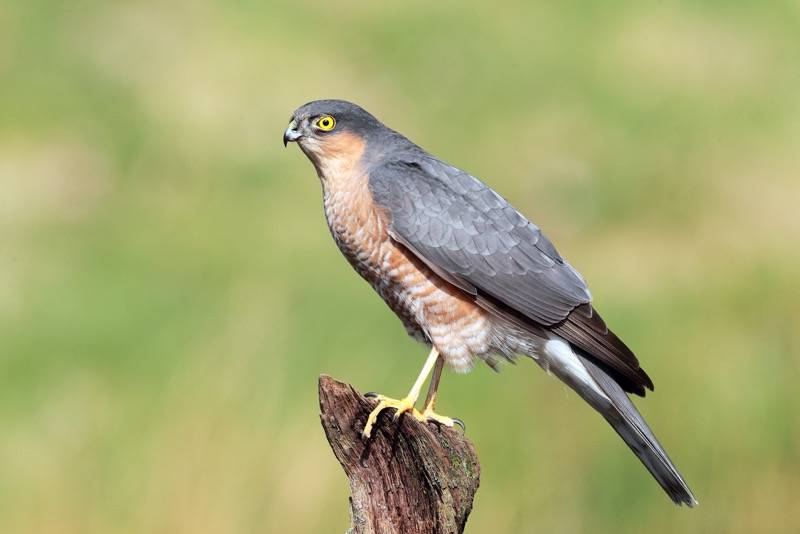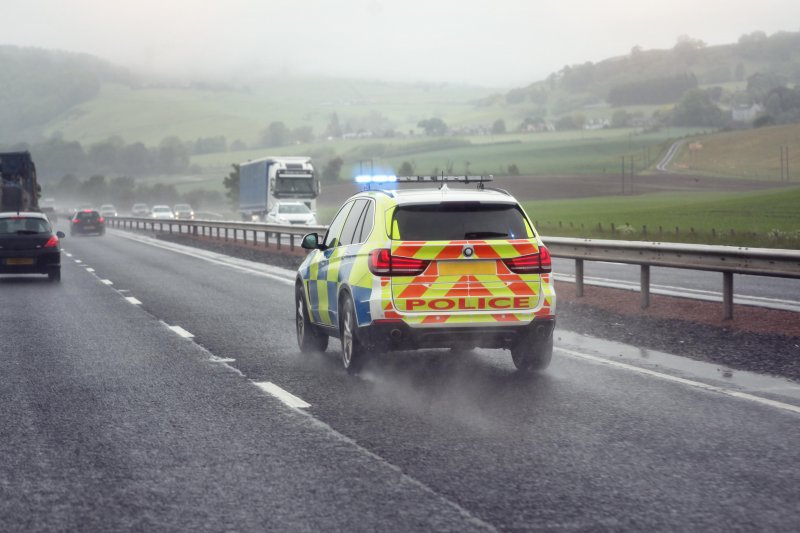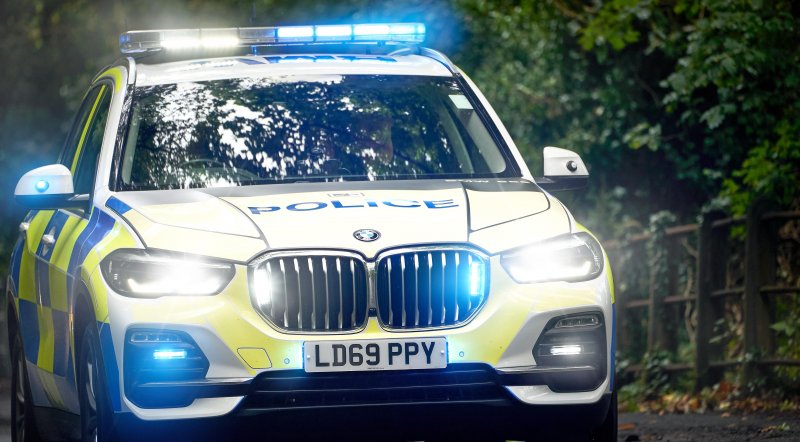THE case of a Barnsley pensioner who received a four-figure bill for gunning down a protected sparrowhawk will be used as an example in a Yorkshire-wide RSPCA campaign to help reverse dwindling bird of prey numbers.
Peter Smith, of Clifton Close, Barnsley was charged with killing a sparrowhawk at Hope Street Allotments, Mapplewell, in February last year.
The 77-year-old, who pleaded not guilty, was convicted following a trial at Barnsley Magistrates’ Court in December.
He returned last month and was given a £2,172 bill which was made up of court costs of £1,500, a £480 fine and a £192 surcharge.
Magistrates were told Smith – who kept pigeons at his allotment – was recorded by a witness carrying an air rifle and was confronted about shooting the sparrowhawk.
According to the RSPCA, who successfully oversaw the conviction, further incidents involving injuries or fatalities will result in similarly stern action being taken. The maximum punishment for the offence is an unlimited fine and up to six months in prison.
Inspector Jack Taylor, who interviewed Smith, said: “It is important that the public knows the RSPCA fights for justice for all animals, including our stunning wildlife.
“They will not be left undefended and unspoken for when needed. All birds are protected under the Wildlife and Countryside Act 1981 and we will continue to investigate potential offences committed against our wildlife.”
Barnsley’s sparrowhawk population has reduced by 25 per cent in a decade due to persecution, Mr Taylor added, and a national campaign – dubbed Operation Owl – is seeking to reverse the decline alongside police officers and the RSPB.
Darren Martland, lead for rural crime at the National Police Chiefs’ Council added: “All wild birds, their nests and their eggs are protected by law.
“Offences can carry a prison sentence of up to six months – despite this, birds are being shot, trapped and poisoned. The problem is particularly concentrated on land managed for driven grouse shooting, where birds of prey are seen by many as a threat to grouse stocks.
“Our ask of the public is simple: if you come across a wildlife crime scene, for example a dead bird of prey or objects that may be related to a wildlife crime, record what you find and report it to police on 101. The more information available to law enforcement, the greater chance we have of prosecuting offenders.
“It is absolutely unacceptable that people think they can ignore the law and subject these birds to poisonings, shootings, nest destruction and the illegal use of traps without consequence. We will be doing everything in our power to catch these offenders, supported by our colleagues in the RSPCA and RSPB.”


















